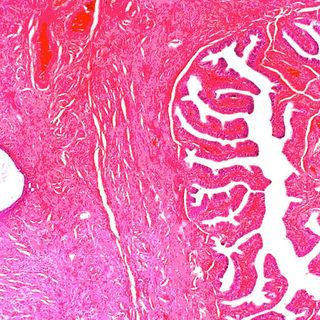Have you noticed that sometimes, the best and the simplest way to recall something is to take a big breath in? Authors of a new study have found that inhaling, through the nose, stimulates the brain and also enhances the process of converting short-term memories into long-term ones.
Published in JNeurosci, the Society for Neuroscience’s first journal, the findings add to growing evidence that when it comes to encoding and retrieval of memories, it is respiration through the nose that plays an important part. Encoding refers to the process of storing memories into a form — visual, sound or by attaching meaning to it — into the brain. Retrieval would mean the actual process of remembering or recognizing those memories from within the storage system.
As explained in the study, it is the rhythm of the breath that creates electrical activity in the brain where emotions, memory and smells are processed. If humans bypass nasal airflow through mouth-breathing, it abolishes these rhythms and impacts encoding as well as recognition processes thereby reducing memory performance.
For the research, authors Artin Arshamian and colleagues from Sweden’s Karolinska Institute compared the effects of nose breathing and mouth breathing during a one-hour waiting period after participants were exposed to various odors.
It was found that, nose breathers, whose mouths were taped over during the waiting period, showed increased odor recognition compared to mouth breathers, whose noses were clipped during consolidation.
Although this study did not measure brain activity, the researchers suggest that nose breathing may facilitate communication between sensory and memory networks as memories are replayed and strengthened during the waiting period.
Therefore, the study provides evidence that, in addition to its effects on memory encoding and retrieval, nasal respiration also enhances long-term memory.
Another way to establish this would be to observe how you behave when you panic. Studies say that when you are in a panic state, your breathing becomes faster. And, the reason your body’s innate response to fear is a faster response time to dangerous stimuli in the environment is because you are spending proportionally more time inhaling, in most cases through the nose, than when in a calm state.




